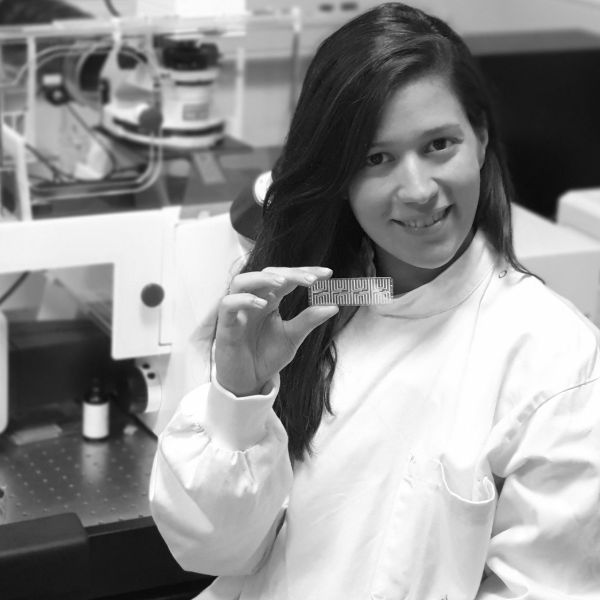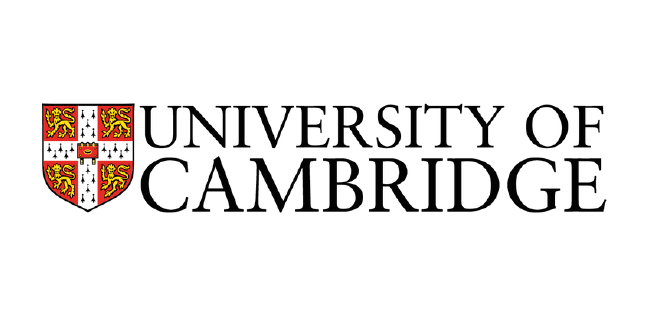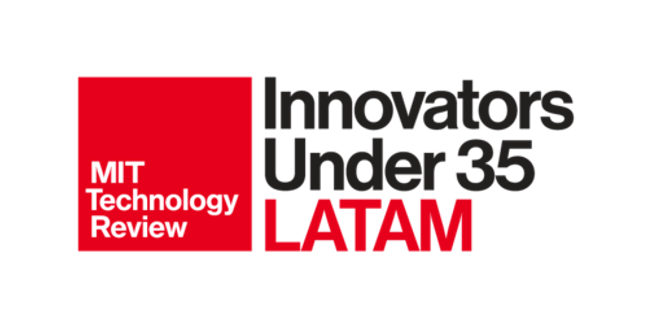Event Introduction
Cell membranes on chip
Abstract
Despite their significance in the aetiology of many diseases, cell membranes are still an underexplored target for studying the mechanisms of diseases or drug therapies. Cell-free commercially available technologies for cell membrane studies have been limited to synthetic membranes that lack the inherent complexity found in the membrane of the cell.
In this talk, Pappa will describe a method to create native cell membrane models on top of active bio-transducers using vesicles derived from live cells. These vesicles fuse on top of the conducting polymer poly(3,4-ethylenedioxythiophene): poly(styrenesulfonate) (PEDOT:PSS), which is a hydrated polymer. This provides a fluid environment close to the physiologically relevant one, thus facilitating mobility of the transmembrane proteins (TMPs), which is a prerequisite for protein membrane studies. Moreover, the optical transparency of PEDOT:PSS ensures compatibility with standard optical methods allowing for multimodal sensing. She will show several applications of this technology, focusing on ion channel studies for pharmacology.
About the speaker
Dr. Anna-Maria Pappa is an Oppenheimer Research Fellow in the Department of Chemical Engineering and Biotechnology at the University of Cambridge. She is also a research Fellow in Pembroke College in Cambridge.
She holds a Ph.D. in Bioelectronics from École Mines de Saint-Étienne, France, where she held a Marie Curie fellowship. She has been awarded the L’Oréal UNESCO Science fellowship (2017) and has been nominated in the Under 35 Young Innovators list by the MIT Technology Review for 2019. Her research combines microelectronics with biological models for next generation in vitro assays.
The Leads
Speakers and Invites

Dr. Anna Maria Pappa
.







